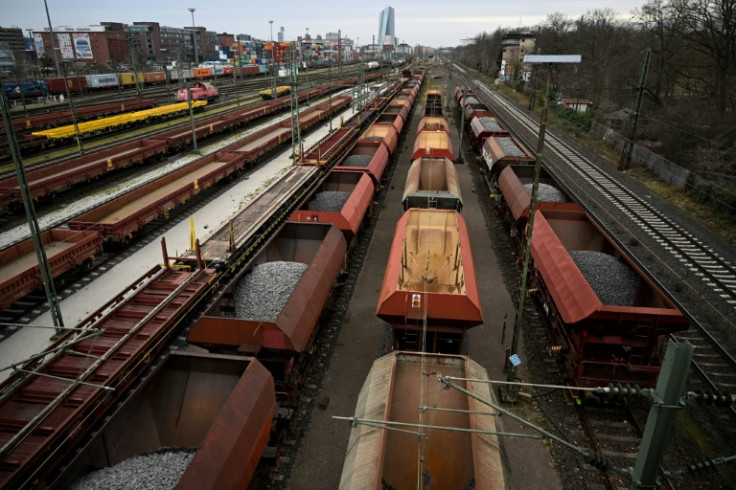Canadian Rail Dispute Poised To Disrupt US Supply Chains Amid Lockout Threats

A looming labor dispute involving Canada's two largest railroads threatens to disrupt cross-border trade with the United States as Canadian Pacific Kansas City (CPKC) and Canadian National (CN) begin preemptive shutdowns of key shipping operations. According to NBC News, the Teamsters union's ongoing contract negotiations with these rail giants have escalated, pushing both railroads toward potential lockouts or strikes that could cause significant supply chain disruptions if left unresolved.
CPKC and CN, which together transport millions of tons of freight across the U.S.-Canada border, have already begun halting shipments of hazardous materials and refrigerated goods. On Saturday, CPKC announced plans to cease all shipments originating in the U.S. destined for Canada starting Tuesday. Meanwhile, The Canadian Press reported that CN on Friday barred container imports from its U.S. partner railroads, highlighting the gravity of the situation as both companies brace for a possible work stoppage beginning Thursday if no agreements are reached.
Negotiations between the rail companies and the union have been ongoing since last November, following the expiration of contracts at the end of 2023. Talks have continued without resolution, with crew scheduling, worker fatigue, and rail safety emerging as central issues. Teamsters Canada, which represents nearly 10,000 workers at both railroads, said that the dispute has now shifted from a possible strike to a "near certain lockout" by the railroads.
The potential impact on U.S. supply chains could be substantial. Jeff Windau, an industrials analyst with Edward Jones & Co., told NBC News that while the work stoppage may initially last only a few days, any extended disruption could pose major risks. "By and large, the rails touch pretty much all of the economy," Windau noted, highlighting that the railroads collectively handle approximately 40,000 carloads of freight daily, valued at around $1 billion. If negotiations drag on, sectors such as automotive, chemicals, forestry, and agriculture could be particularly hard-hit, especially with harvest season approaching.
While the trucking industry might offer some relief, Windau cautioned that its capacity cannot fully replace rail, especially for long-haul shipments. CPKC and CN have both emphasized their commitment to avoiding a full-blown stoppage but are also taking precautions. According to a CPKC spokesperson, shutting down parts of the network will allow the company to safely remove hazardous goods from their lines ahead of a potential lockout.
According to CBS News noted, the dispute carries implications not only for Canadian trade but also for broader North American supply chains, given that CPKC's network serves the U.S. and Mexico as well. Despite ongoing talks scheduled through Sunday, the prospect of a lockout remains high, leaving businesses on edge as they prepare for a supply chain crisis that could strain an already fragile system.
© Copyright IBTimes 2024. All rights reserved.






















